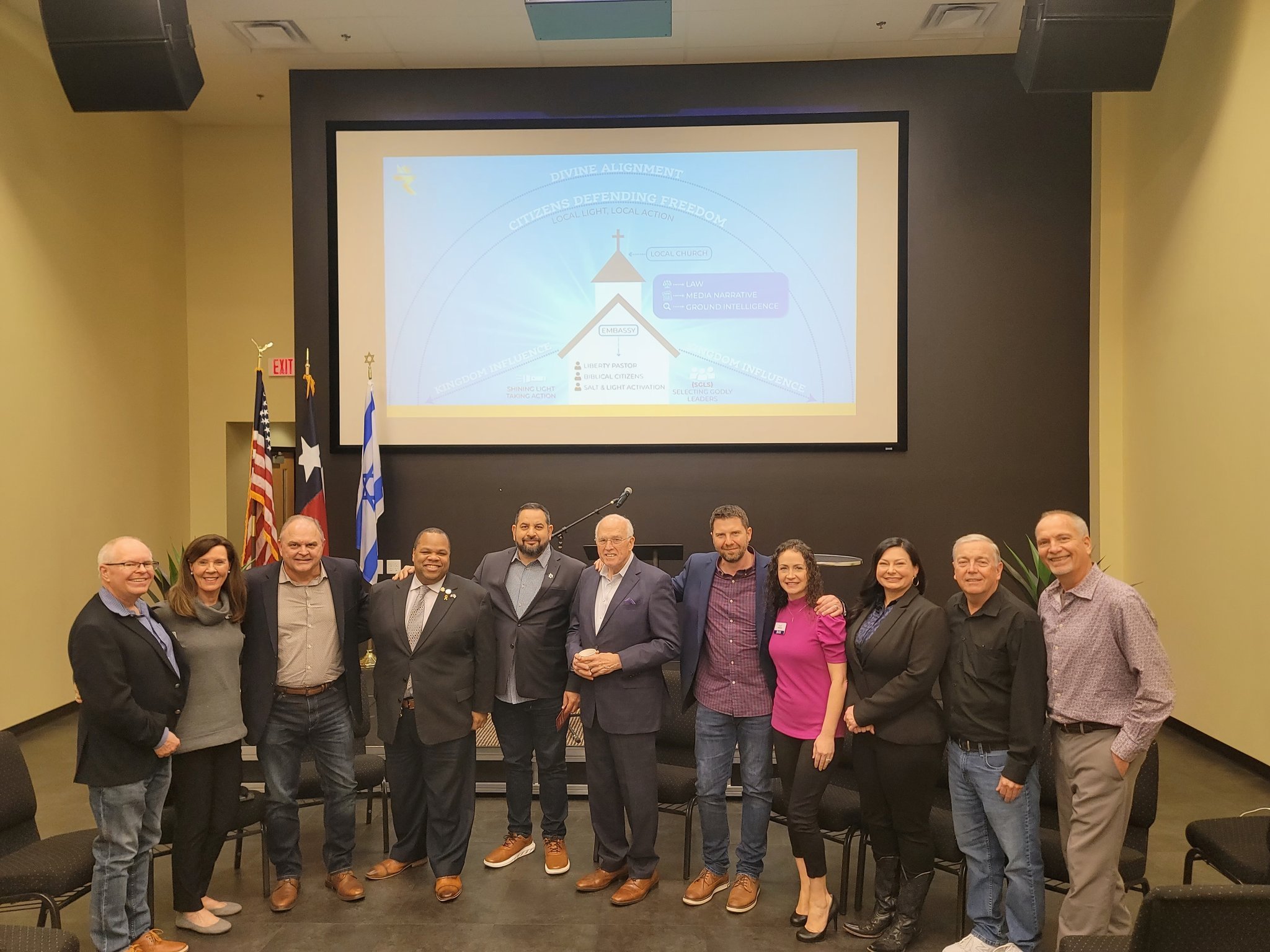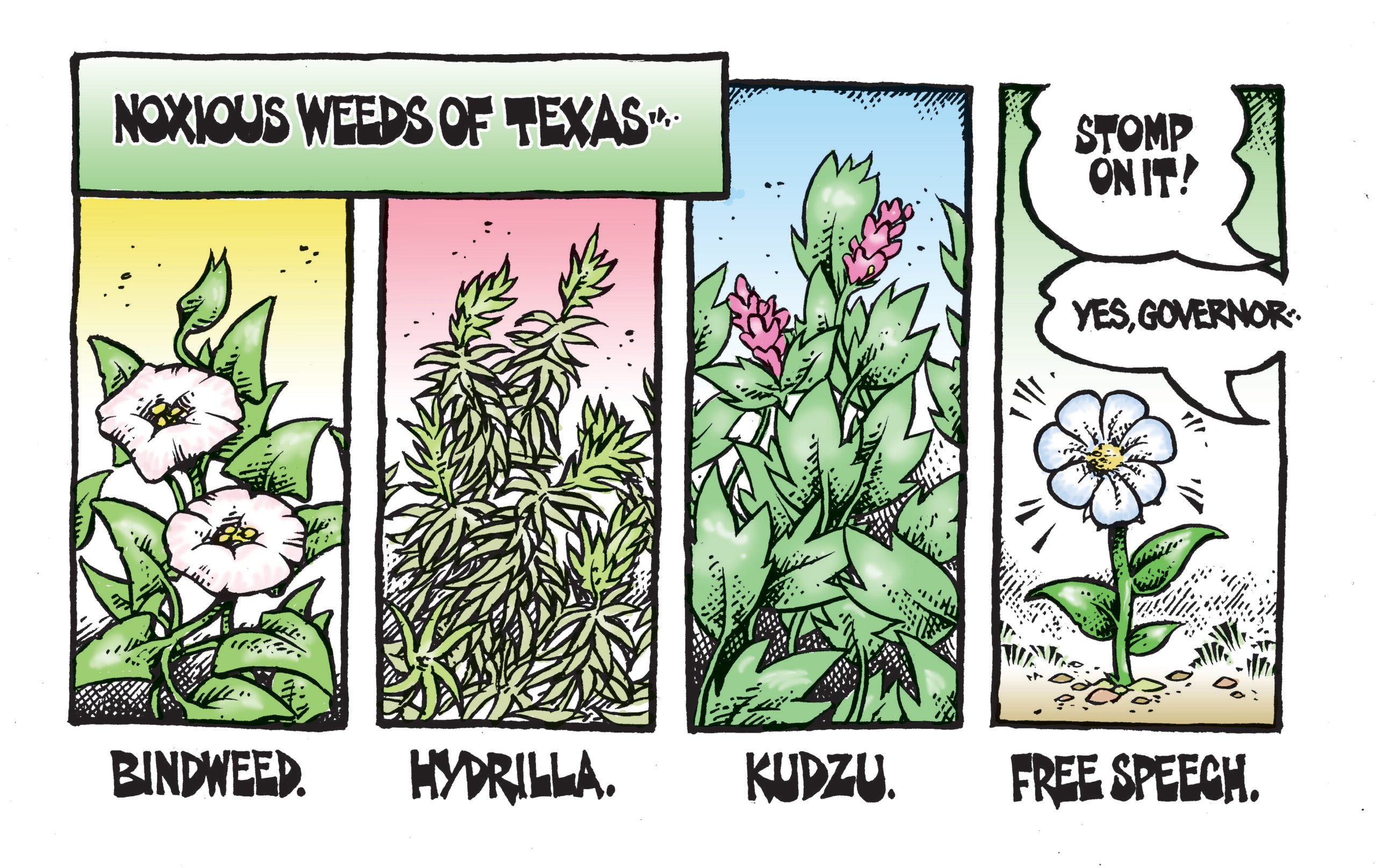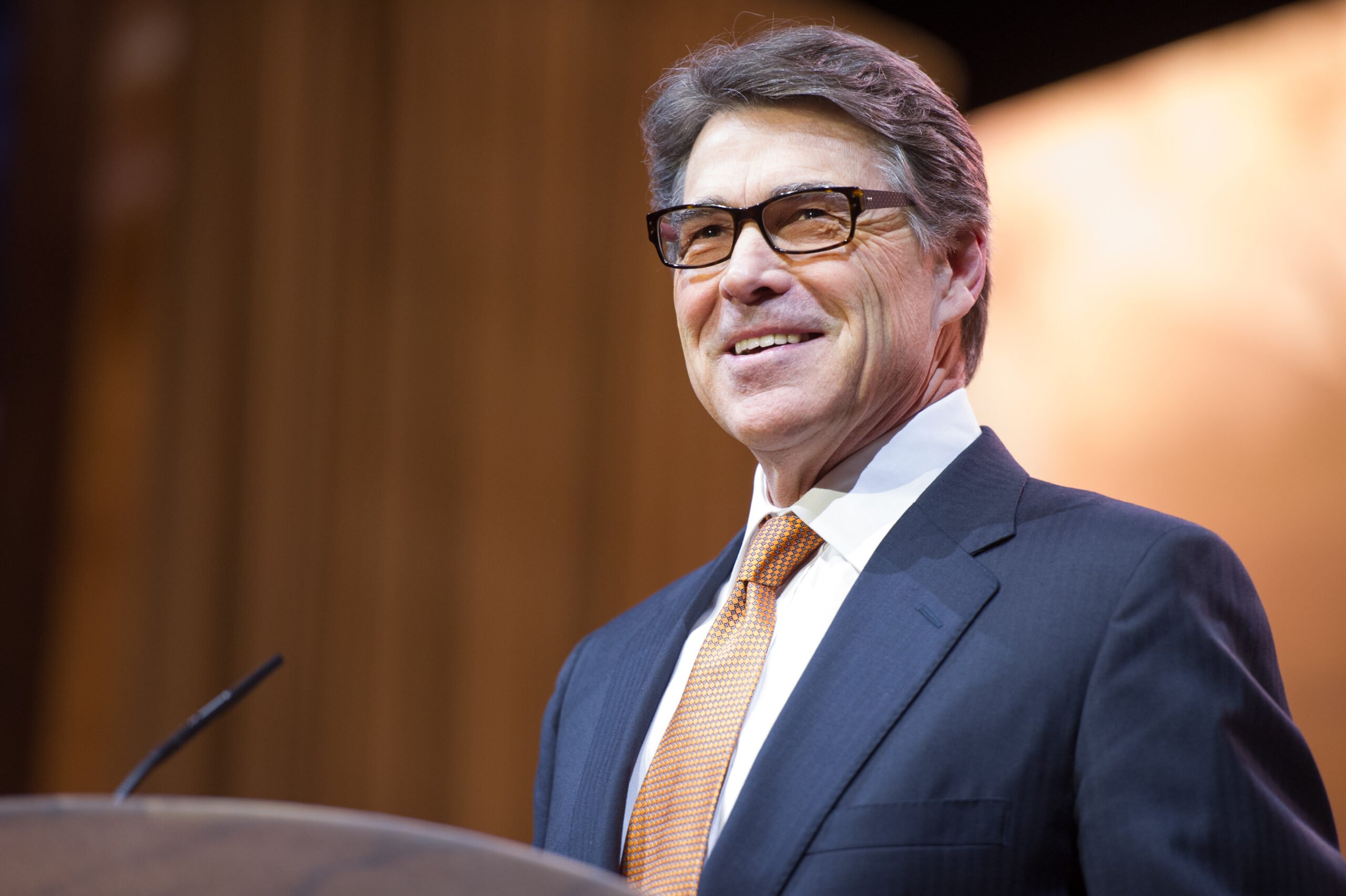ustxtxb_obs_1977_08_12_50_00011-00000_000.pdf
Page 6
grade the staff and give them a chance to treat their jobs as career positions.” While the state is solicitious about guaranteeing nursing home operators a 6 percent profit margin when negotiating Medicaid contracts, no effort has ever been made to give monetary incentives to the people who do the actual hands-on labor in nursing homes. Nurses’ aides, who aren’t organized anywhere in Texas, earn rock-bottom wages. “We obey the minimum wage law.” says Sid Rich, head lobbyist for the Texas Nursing Home Assn. He rarely adds that his group actively opposes any hike in Texas’ minimum wage. “It [a raise in the minimum wage] would cost us $157 million, or buddy,” Rich complained to the Observer. “We’ve told our congressman we’re for moderation. A raise would be unrealistic and inflationary and not good for the United States of America.” \(Rich notices everything. however, Meanwhile, the state isn’t keeping tabs on the financial management of its nursing homes, large or small. Texas conducted only 375 nursing home audits between 1967 and 1975, according to HEW data submitted to the House subcommittee on health and long-term care in January, 1976. Supposing an average count of 750 licensed facilities open for business every year from 1967 to 1975 \(a comes down to 47 field audits a year: fewer than 6 out of every 100 Texas institutions get an annual once-over. Under HEW guidelines that will go into effect in July, 1978, all nursing homes receiving Medicaid disbursements must be audited at least once every three years. In Texas, this will mean more than 300 inspections annuallya 700 percent increase over the 1967-to-1975 rate. \(In New York state, where the audit rate in the 1967to-1975 period was about as low as Texas’, it’s been estimated by the state special prosecutor’s office for health and social services that at least $70 million in Circle game used their wealthand the power derived from itto secure greater influence for their institutions. Since their business is dependent on a steady flow of governmental payments, nursing home operators are attentive to politics and legislation. Through the Nursing Home Administrators Political Action Committee of Texas, which be tween January, 1975, and November, 1976, received 233 member contributions in dustry has sought political favor in Au that would be good for his employers. encouraged his colleagues to give future thought to guaranteeing elderly Texans some financial security, Rich was ecstatic. “I think Senator Parker was on the right track,” said Rich, who foresees in such a move a greater bonanza for the The battle over nursing homes may be just beginning. After much prodding by Senator Mengden, the Sen s ate human resources committee will make an interim study on nursing home conditions and list legislative remedies for the 1979 Legislature. Atty. Gen. John Hill, who has impaneled a 25-member task force to hold hearings on nursing homes over the next eighteen months, has said he will Ingredients for lousy geriatric care: the concentration of nursing home ownership in the hands of corporate bigtimers, regulatory complacency, and a political establishment closely allied with the state’s nursing home operators, generous men come campaign time. stin and around the state. In 1976 alone, NAPACT contributed $62,250 to candidates in local, state and national campaigns, according to records on file with the Federal Elections Commission. Last year, the lobby parceled out $34,500 to 82 candidates for the Legislature. Of particular concern to NAPACT were the election-day fortunes of a small group of incumbents, including seven state senators, whose names are listed below alongside the contributions they received: Senator Amount Tom Creighton $3,500 Bill Moore $3,000 Gene Jones $2,000 Ron Clower $2,000 Bill Braecklein $2,000 Jack Ogg $2,000 A. R. “Babe” Schwartz $1,500 All these men serve on three Senate committees important to Texas’ nursing home operatorsfinance, state affairs, and human resourcesas well as the Legislative Budget Board. The finance committee and the LBB approve the state’s reimbursement rates for Medicaid. The finance committee’s vice chairman is Senator Creighton. \(The bring court action against institutions that fail to live up to their advertising. On the other side, the nursing home lobby has already stocked its war chest for the upcoming fights. According to information passed on to the Observer by Senator Mengden, the Texas lobby, which in 1977 will pay more than $287,000 in salaries, now has $145,000 in certificates of deposit for future, highpowered political efforts. The economic power of the Texas nursing home industry translates into political power. TANH ranked sixth among the state’s special-interest groups in political contributions to candidates during 1976. While this system holds sway, profits for the industry will continue to come first and the care and safety of the elderly second. Contributing editor Paul Sweeney lives and freelances in Austin. LBB’s chairman is Lt. Gov. Bill Hobby, who received $5,500 from NAPACT beoversees all governmental agencies, including the Department of Public Welfare and the Department of Health Resources, is chaired by Bill Moore, who is in the nursing home business himself. The Sherwood Nursing Home in Bryanof which Moore is halfownerhas been cited for numerous violations of DPW standards in the last two years. Of the twelve senators on the human resources committee, the committee with investigatory power over the nursing home industry, sevenincluding Ron Clower, Bill Braecklein and Gene Jonesreceived NAPACT contributions totaling $9,500 for their 1976 campaigns. Between 1972 and 1976, the biggest single recipient of NAPACT largesse has been Gov. Dolph Briscoe, who got $13,000 over the four-year period. Atty. Gen. John Hill, Briscoe’s likely opponent in next year’s gubernatorial primary, got a $1,000 NAPACT contribution in 1972. Last year, the Texas nursing home lobby gave $10,000 to U.S. Sen Lloyd Bentsen, $5,000 to Pres. Gerald Ford, $1,000 to candidate Jimmy Carter, and $2,000 apiece to Texas congressmen Olin Teague, Omar Burleson and Jake Pickle. With these contributions, public funds for nursing home care come almost full circlefrom taxpayers to the government to nursing home proprietors to NAPACT to politicians. The only ones left out are taxpayers and nursing home patients. 111 William Cabin is a former assistant inspector general for the New York state welfare department. AUGUST 12, 1977 11


